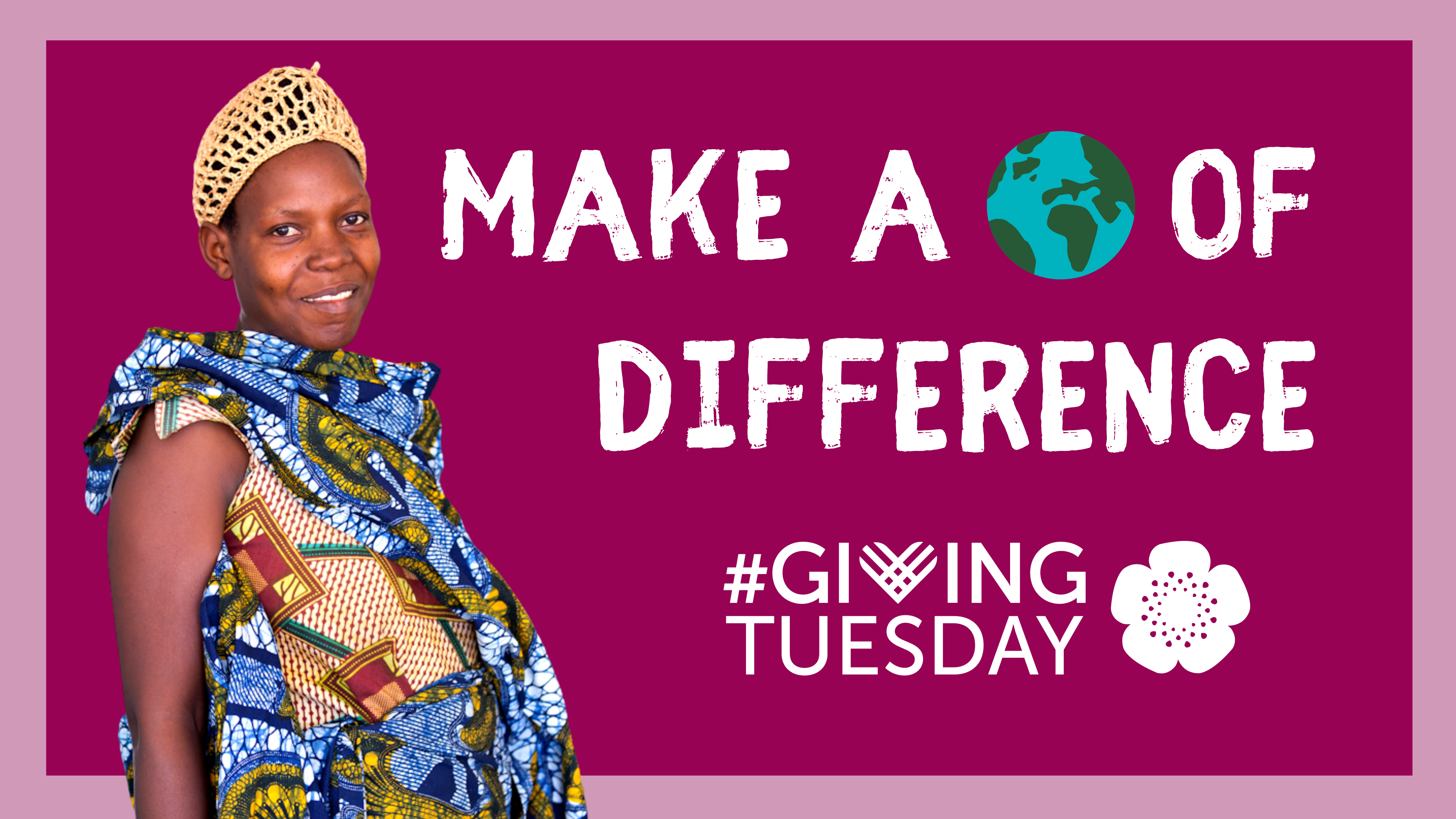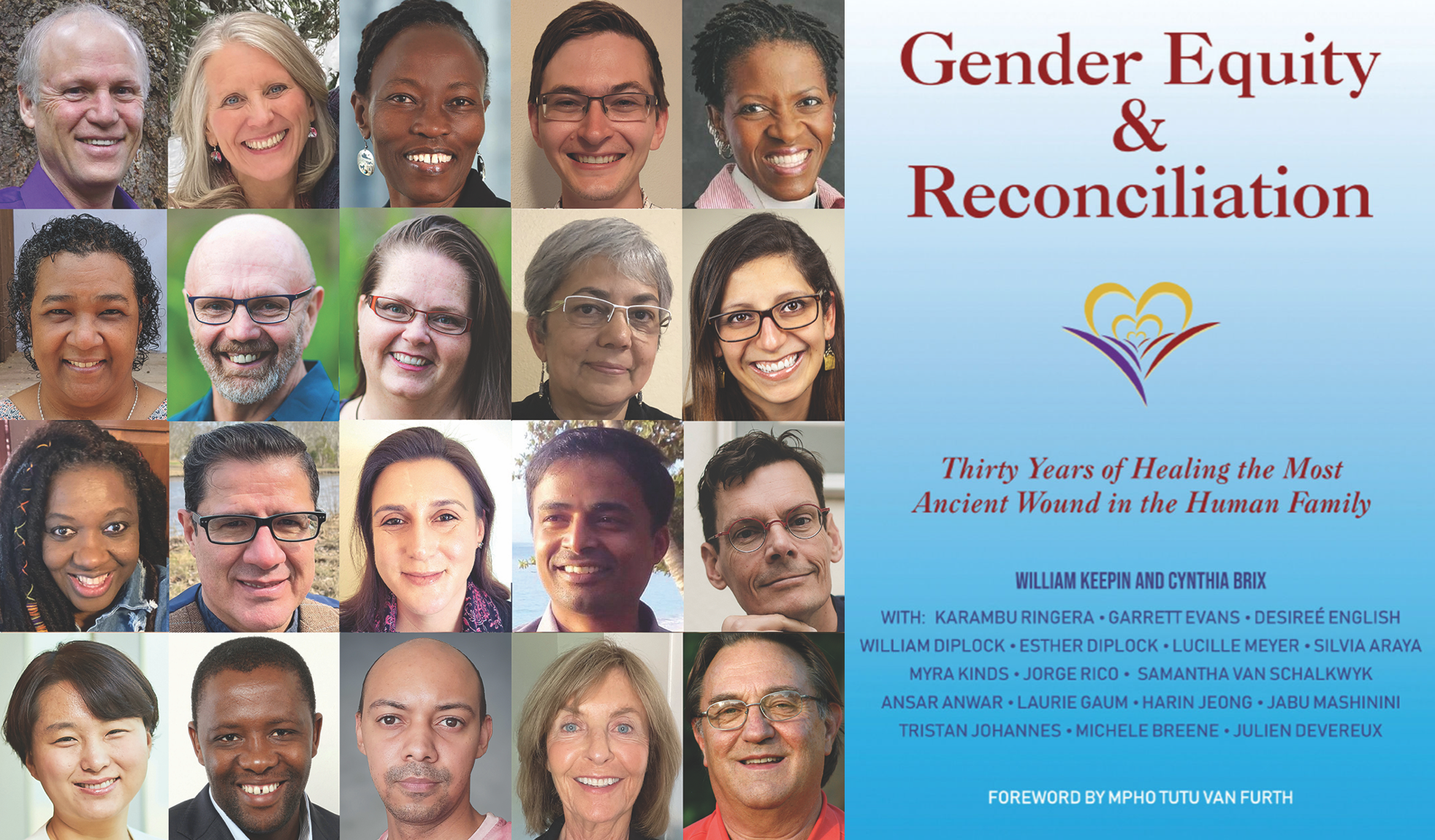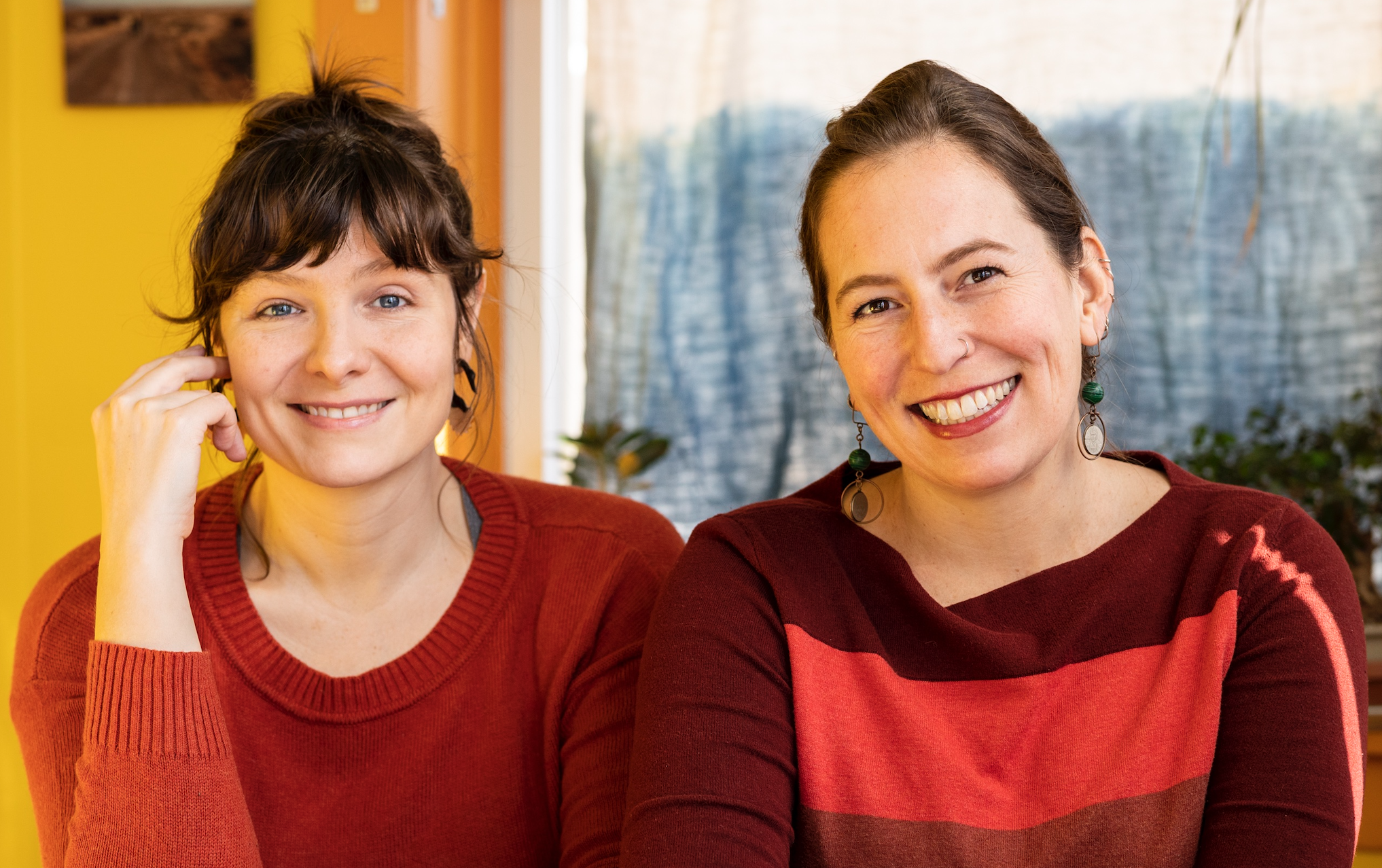
It’s crazy to think how almost two whole years have passed since the US Supreme Court ruled in favor of same-sex marriage across America. It shows how important the fight for equal rights still is, even today, and that we must never give up. This year, the focus is on Taiwan, which just became the first nation in Asia to approve same-sex marriage, also through a court case.
On May 23, the Constitutional Court ruled in favor of the concept, a decision which was hailed by LGBTQ advocates across Taiwan, according to a report from the Chicago Tribune. Since Taiwan is one of the most liberal countries in the Asian continent, it sets an important standard for other countries in the region.
The national law must now be amended or enacted to reflect the ruling within two years for it to be in full effect. The majority opinion in the case specifically honed in on two aspects of the constitution – the safeguarding of human dignity and equality under the law – saying the civil code currently in place barring same-sex marriage violated these rights. Out of the total 15 judges, only 2 dissented, and one recused himself from making a decision.

“The need, capability, willingness and longing, in both physical and psychological senses, for creating such permanent unions of intimate and exclusive nature are equally essential to homosexuals and heterosexuals, given the importance of the freedom of marriage to the sound development of personality and safeguarding of human dignity,” said the court’s majority opinion.
And let’s be clear, the right for every person to be able to marry whomever they want isn’t just about identity politics, it is about LGBTQ couples being afforded the same measures of equality by law which allow them to (among a number of things) adopt children, visit their partner in the hospital, give power of attorney to their same-sex partner, not be discriminated against in housing situations, legally accept a partner’s inheritance, claim tax status dependency, and all of the other rights automatically given to heterosexual partners.
The good news is that a bill to enforce the ruling is already making its way through Taiwan’s legislature, where both major ruling and opposition parties support the court’s decision. In January 2016, Taiwan made another major progressive move by electing their first female President, Tsai Ing-wen, the leader of the Democratic Progressive Party, who is a major supporter of LGBTQ and women’s rights. And it goes without saying that she was in full support of the same-sex marriage ruling.

As expected, there are groups who stood in opposition to the idea of gay marriage as well as this news. Conservative religious groups did lobby against gay marriage, but thankfully they are not as oppressive and powerful of a political or social force as they are in the United States. The groups in Taiwan have used some similar, tired tropes such as gay marriage destroys the family, but they also resort to far-fetched arguments such as gay marriage promotes bestiality, incest, and AIDS.
Gay rights activists who have been fighting for marriage equality for decades are thrilled with the ruling, calling it historic.
“Without a doubt, Taiwan is walking in front of other Asian countries on this. This is significant for all of Asia,” said Ying Xin, executive director of the Beijing LGBT Center.
“We feel that this is a huge success for the LGBT and marriage equality movement in Taiwan. We want to amend the Civil Code so same-sex couples can get married… our target is to complete this whole process within this year,” said Wayne Lin, an activist who runs an LGBT hotline on the island.

Taiwan joins a mere 23 countries around the world (out of 200) to have legalized same-sex marriage, which means we still have a long way to go for the global LGBTQ community to be afforded the same rights as others. Elsewhere in Asia, we are seeing some horrendous actions being taken toward the gay community. Just recently, two young men were publicly flogged simply for being gay, while many onlookers came to watch it happen. The anti-gay culture in Indonesia is fueled by its religious hard-line leaders, who are proponents of “moral policing”.
You may have also recently read horrific news about gay men being imprisoned in Chechnya, where they are being beaten, electrocuted and tortured for their sexual orientation. When political leaders were confronted about the imprisonments, they not only denied it was happening, but claim gay people don’t exist as the reason for the reports not being true. Family members of the victims are being pressured to “out” the gay men also.
In the face of such regressive actions being taken against people who deserve to live in freedom and with the full availability of human rights, Taiwan’s same-sex marriage ruling is a step forward for the region and will hopefully not be the last we see of its type in Asia.

















